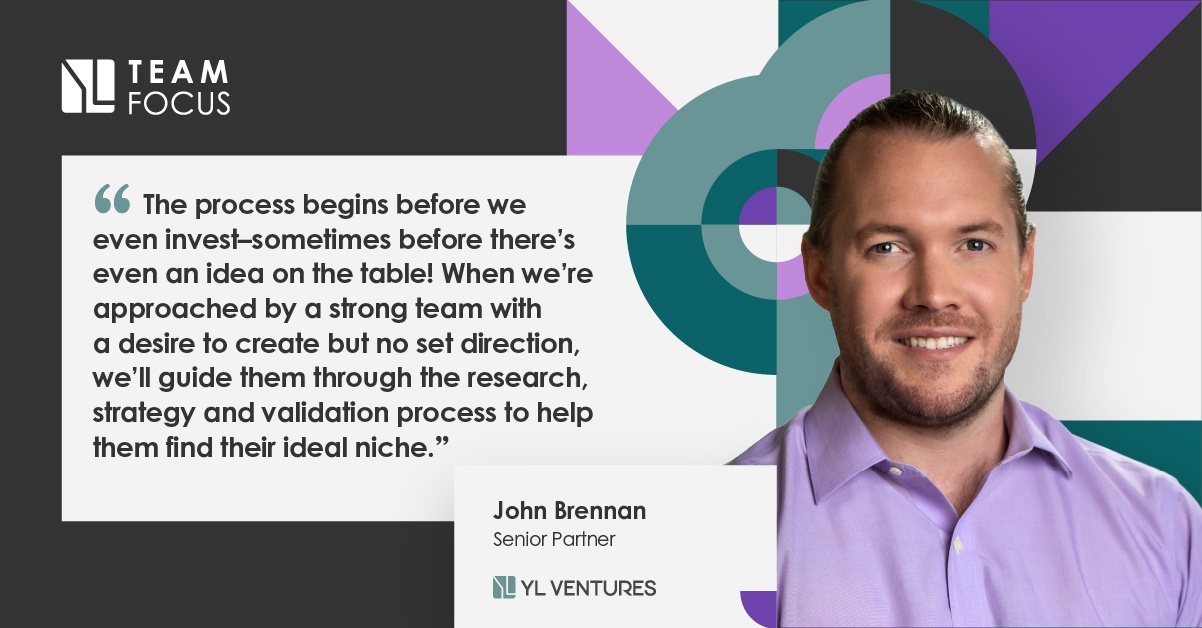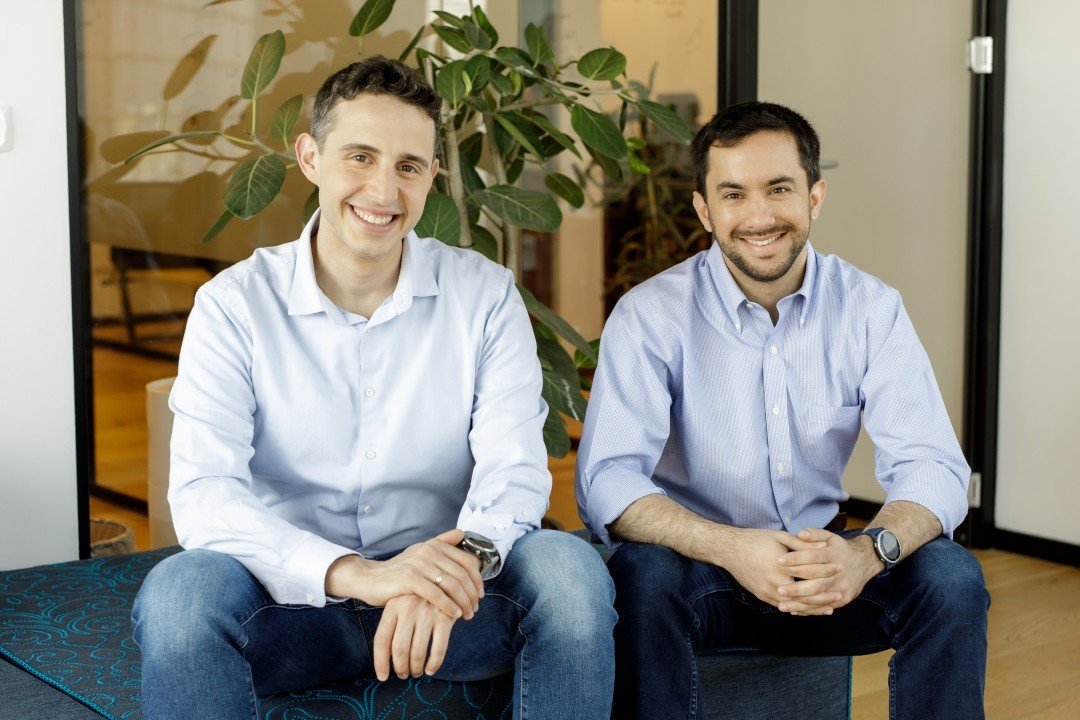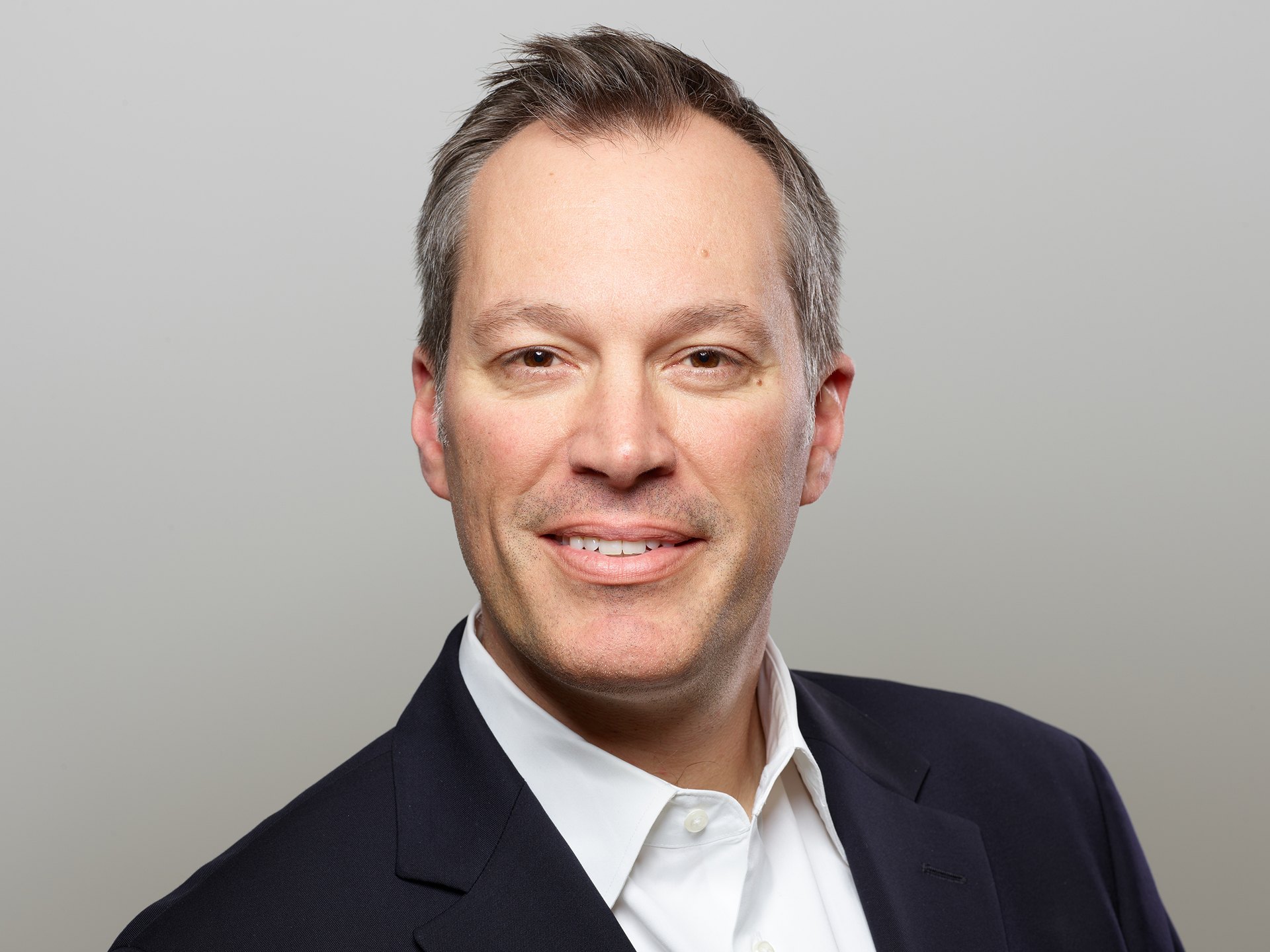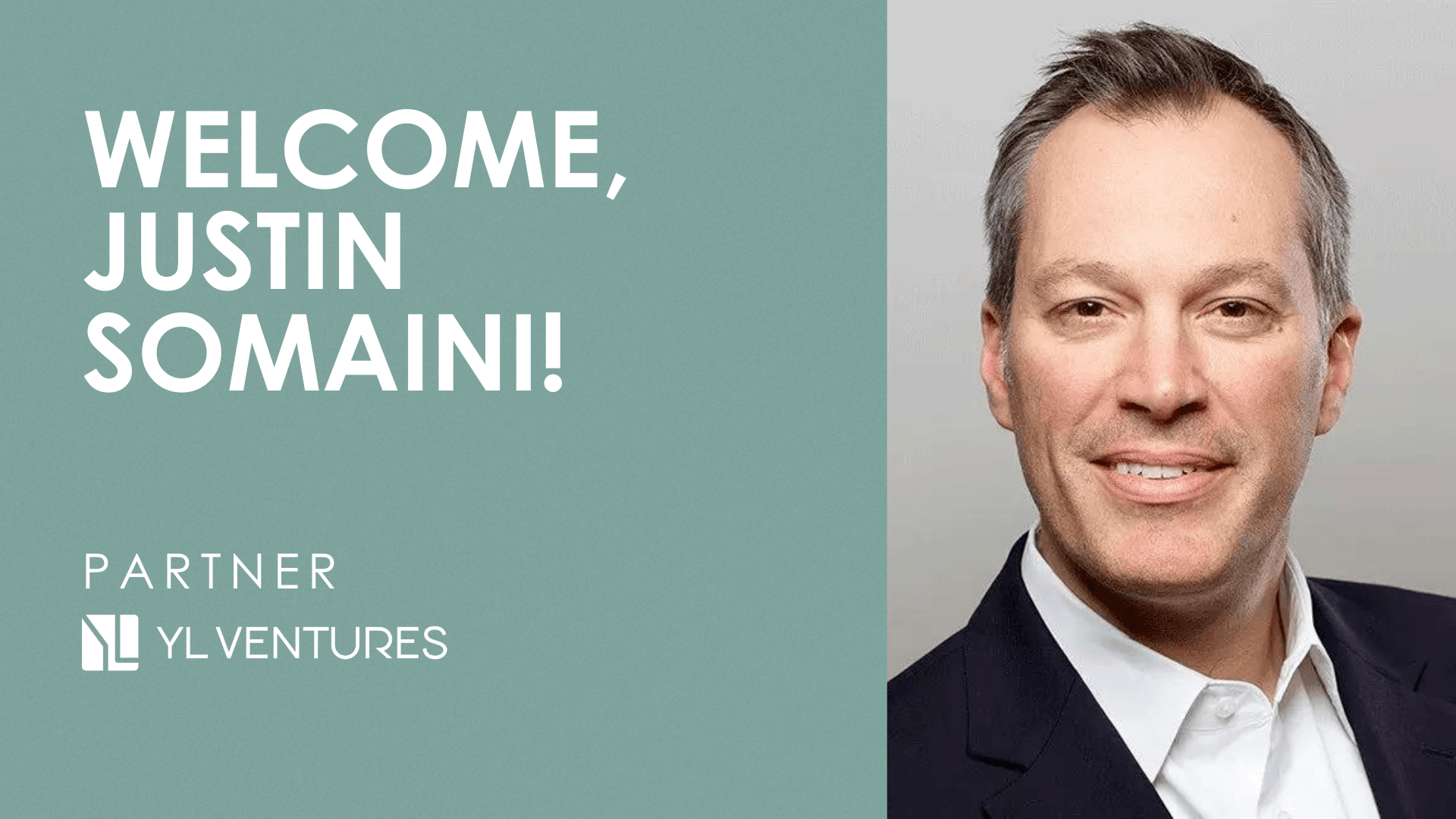To say that John Brennan is a professional of many hats would be a massive understatement. First, let’s begin with his official title and role. John Brennan is a Senior Partner at YL Ventures who oversees YL Ventures’ core U.S. investment processes and portfolio company value-add initiatives from Silicon Valley.
But what does that mean? John’s value-add comes in the form of mentorship to YL Ventures’ portfolio founders–often before we even invest–on everything from business development, customer engagement, hiring, finance, fundraising and general strategy. He also takes active board positions and manages the firm’s Venture Advisory Board of 120+ cybersecurity experts to provide vital customer insights.
How does your value-add work change over the course of a company’s lifecycle?
Every company is different, but we are as hands-on with our portfolio companies as our founders want. This is especially true in the early days of our portfolio companies and tends to change once they mature and grow. As that happens, we evolve into more of a strategic sounding board for our CEOs and management teams.
The process begins before we even invest–sometimes before there’s even an idea on the table! When we’re approached by a strong team with a desire to create but no set direction, we’ll guide them through the research, strategy and validation process to help them find their ideal niche. Throughout the ideation and validation phases, we’ll connect these aspiring entrepreneurs to their target customers for feedback.
After we invest and before our portfolio companies hit their A Round, my work typically involves whatever it takes to help our companies get to that next stage. I’m often engaged in daily conversations around pipeline and design partners, and how to build out the team and product in order to target key milestones like executive hiring and the ARR targets that lead to great Series A financings.
This changes again as the companies raise more capital and begin to grow towards self-sufficiency. When the time is right, the weight of our team’s support shifts more towards strategic initiatives more relevant for the growth stage rather than the operational support we provide early on.
What makes a great founding team?
We invest in ~2% of the teams we meet, and the quality of a team is the most significant part of our decision-making process. Irrespective of the idea, we need to understand if the team in front of us can build out a great business, rather than just great technology. We are looking for founding teams that are composed of amazing individuals who as a team are greater than the sum of their parts.
Technical strength and domain expertise are key attributes to look out for, but so are the ability and ambition to build out a large customer-facing business. When we’re assessing aspiring entrepreneurs, we need to understand how they prioritize the customer and how their vision for a great product or technology fits into the actual end market. We also need to know that they can recruit the best talent, especially technical talent in Israel, where competition for the best engineers is fierce and requires more than just good compensation.
This doesn’t mean that every team member should come in with the same skills. We expect versatility and hope that each one can complement the other. Understanding the strengths of each founder is paramount, a founding team to operate successfully as a unit is very key.
Finally, considering how close our working relationship tends to become, I like to ask myself “is this a team I’d be excited to meet with weekly for the next 5-10 years of my life?” It may sound a tad dramatic, but ultimately that’s the commitment we are making, and it’s something I ask myself with each team I meet.
What’s your top survival tip for board meetings and how can founders make the most of them?
I understand where this question is coming from, because board meetings can be a thorn in the sides of many founders. But I really believe that approaching board meetings with a “survival” mindset is a big mistake. That being said, board meetings are generally “won” or “lost” well before the meeting kicks off.
Good boards should not be viewed as a necessary evil or simply a group of screens to report to. It’s important to make an effort to understand your board, meaning the strengths of each person around the table, and leverage them as well as you can. If we forget about performance targets (e.g. “hitting the forecasted ARR”) for a moment, the best board meetings I attend are ones where (1) I don’t have to learn every new piece of information at the board meeting because I’ve received enough materials to fully prep myself on the state of the company in advance; and (2) I understand, walking out, exactly what my action items are to help the company for the upcoming quarter.
What advice do you have for people interested in pursuing a similar career at a VC?
There is no such thing as the “right background”. The reality is that almost no one has the “perfect” background for venture capital. Often, when others insist on the “ideal profile” that works, they are simply over-indexing on their own background or on a small sample size. My advice is to figure out what your superpower is–whether it’s functional experience, domain expertise, deal sourcing, customer network, etc.–and lean into that talent in order to bring immediate value to a VC firm. The rest can be learned by immersing yourself in the market and through the experience you ultimately acquire. Many people in the industry also, at one point or another, relied on mentorship to train or guide them to where they are now.
Tell us about one remarkable event/incident that took place during your time at YLV.
This is actually why I love this space so much. Every day of this job is full of remarkable events and milestones that bring fulfillment and excitement. This includes a portfolio company’s first purchase order, key executive hire and follow-on financing. Our startups grow so quickly, and it’s such a privilege to have front row access to their journeys from day one. On multiple occasions, I’ve personally seen and mentored companies that grew from two founders into massive companies valued in the hundreds of millions–and even billions. While it is of course their success to celebrate first and foremost, knowing that I did what I could to contribute to that success is very meaningful to me.
It also helps that Israel’s cybersecurity community is such a welcoming one. Even at the beginning of my career, when I was clearly in over my head, security leaders from F100 organizations and CEOs from the most successful security companies in the world were always generous with their time and insights–and still are! Yes, the security community can be very competitive, but, at the end of the day, we all feel that we are all “on the same side”. This is a big part of why I love the cybersecurity space so much.





